Voting in a historic general election on Wednesday night saw huge lines of voters, forcing polling places to stay open until closing time as the ruling African National Congress fought to maintain its three-decade-long hold on power.
For the most ambiguous election since the African National Congress brought the country out of apartheid, almost 27 million voters were enrolled.
Although the majority of polls closed at 9:00 p.m. (1900 GMT), thousands of voters were remained in line at certain large-city polling places after dark, with election authorities promising that everyone would have the opportunity to cast a ballot.
The ruling party may lose its absolute majority and be forced to share power as a result of challenges from the left and right, unemployment and crime at almost all-time highs, and a new generation that is growing up without any memories of the fight against white-minority rule.
The Independent Electoral Commission (IEC) predicted that voter turnout would surpass the 66 percent achieved in the previous 2019 election by a significant margin.
Less than an hour before the polls were scheduled to shut, Sy Mamabolo, the president of the IEC, said at a press conference, “We are experiencing a late surge and are processing a large number of voters.”
He announced that voting will be open to everyone who had joined the line by 9:00 p.m.
According to earlier information from the IEC, 7% of stations opened later than scheduled due to postponed delivery of electoral supplies.
In his speech following the vote, re-electing president Cyril Ramaphosa stated, “I have no doubt whatsoever in my heart of hearts that the people will once again invest confidence in the ANC to continue leading this country.”
Ahead of voting in his home city of Durban, John Steenhuisen, the leader of the largest opposition party, the Democratic Alliance (DA), predicted that no single party would win an outright majority, leaving room for his party and an alliance of smaller outfits. “For the first time in 30 years, there’s an opportunity for change in South Africa,” he said.
‘Need of change’
In Soweto, the president’s hometown and unofficial capital of the anti-apartheid battle, elderly ANC loyalists turned out early but, as the queues lengthened, there were signs of disillusionment among younger voters.
Kqomotso Mtumba, a 44-year-old bank official, said she voted ANC in the past but had now chosen an “upcoming party” whose manifesto had impressed her.
“The last party I voted for, their promises didn’t work out so I’ll be trying this one,” she said.
In the eastern city of Durban, accountant and first-time voter Sibahle Vilakazi, 25, said she had abandoned the long queue at her polling station three times already but was now back and determined to stick it out.
“We’re honestly in need of change in this country and I think that is why the queues are so long,” she said. “I’m not giving up, we need to see the change.”
Voters will choose the 400 members of the National Assembly who in the coming weeks will then select a president from among their number.
For the first time since the advent of democracy in 1994, the ANC could be forced to negotiate a coalition to remain in government.
Easier deal?
Under the leadership of the late Nelson Mandela, the ANC won freedom for black South Africans after decades of apartheid, then lifted millions out of poverty by creating a broad social welfare system.
But many in the nation of 62 million are fed up with high unemployment, currently at 32.9 percent, rampant crime, corruption scandals, and regular power cuts and water shortages.
The economy grew a meagre 0.6 percent in 2023, and polls suggest the ANC could win as little as 40 percent of the vote, down from 57 percent in 2019.
If the ANC wins fewer than 201 seats, Ramaphosa would have to negotiate with opposition parties and independent MPs to secure a majority.
On the right, the DA has vowed to “Rescue South Africa” through clean governance, privatisation and deregulation but has struggled to shake off its image as a party for the white minority.
Polls put DA support below 25 percent.
On the left, the ANC is bleeding support to former president Jacob Zuma’s uMkhonto we Sizwe (MK) and Julius Malema’s Economic Freedom Fighters (EFF), which are pushing for land redistribution and nationalisations.
Polls estimate these two parties are tied at around 10 percent.
Malema claimed that the lines were undermining the elections’ freedom and fairness because they were discouraging voters, after he and other regular voters waited for four hours to cast their votes.
“This situation has caused great inconvenience and, regrettably, resulted in many people leaving polling stations without having voted,” said Steenhuisen of the DA.
Were the ANC to come close to 50 percent it may negotiate an easier agreement with some of the dozens of minor groupings in the running. It’s not expecting to have complete results by the weekend.


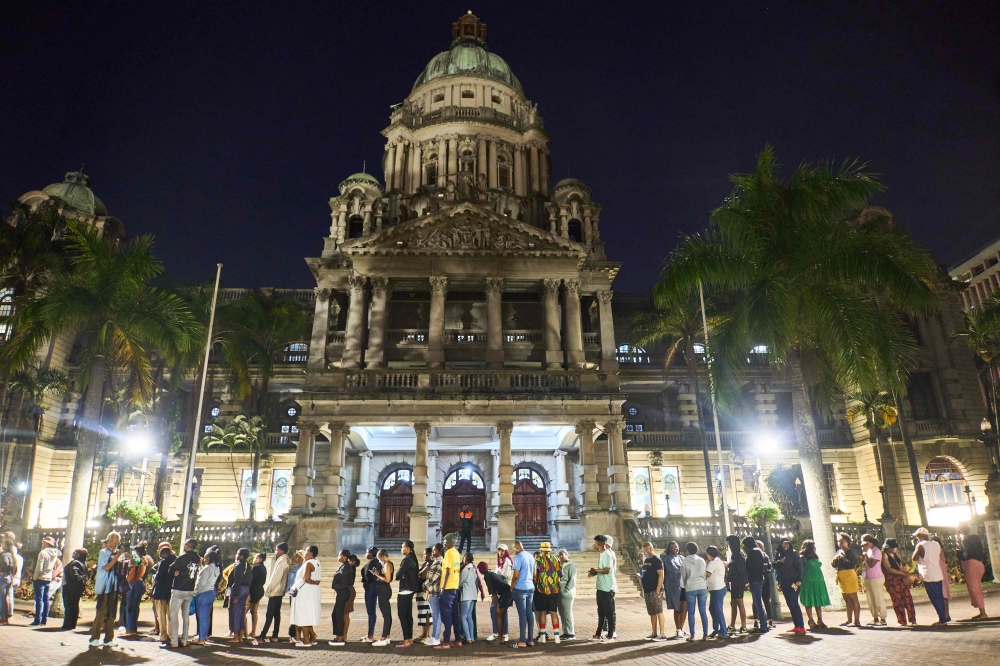
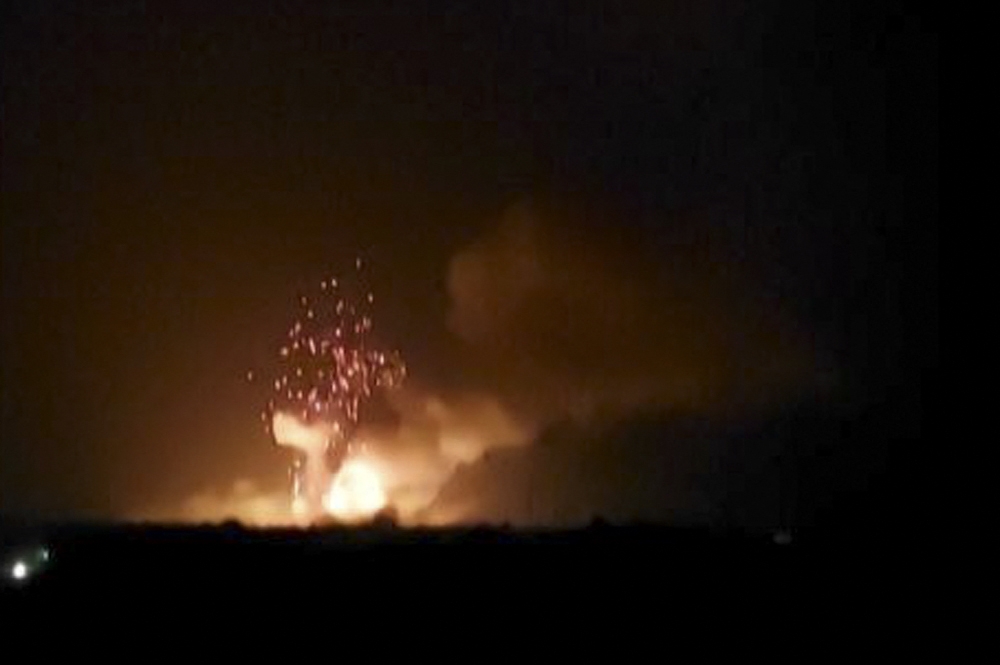
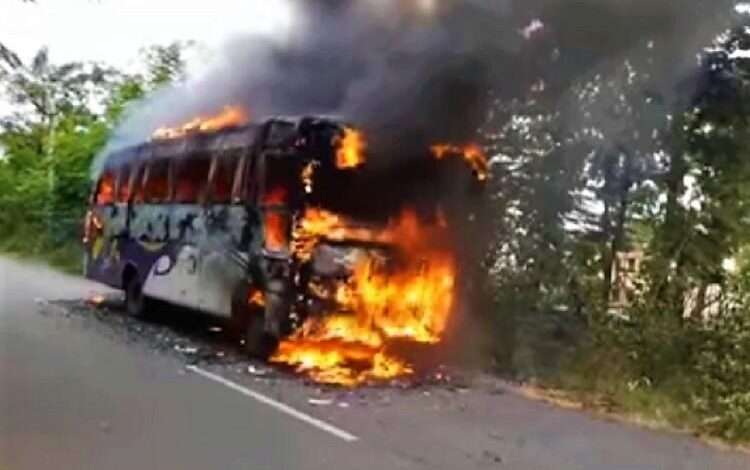
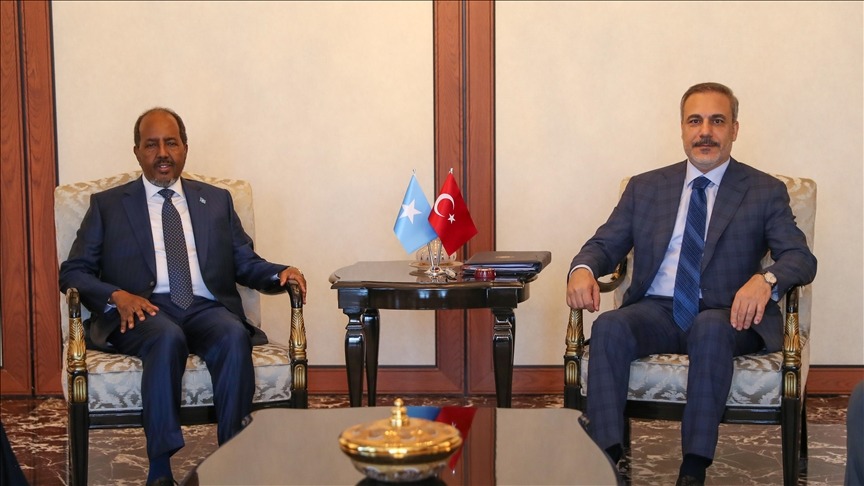
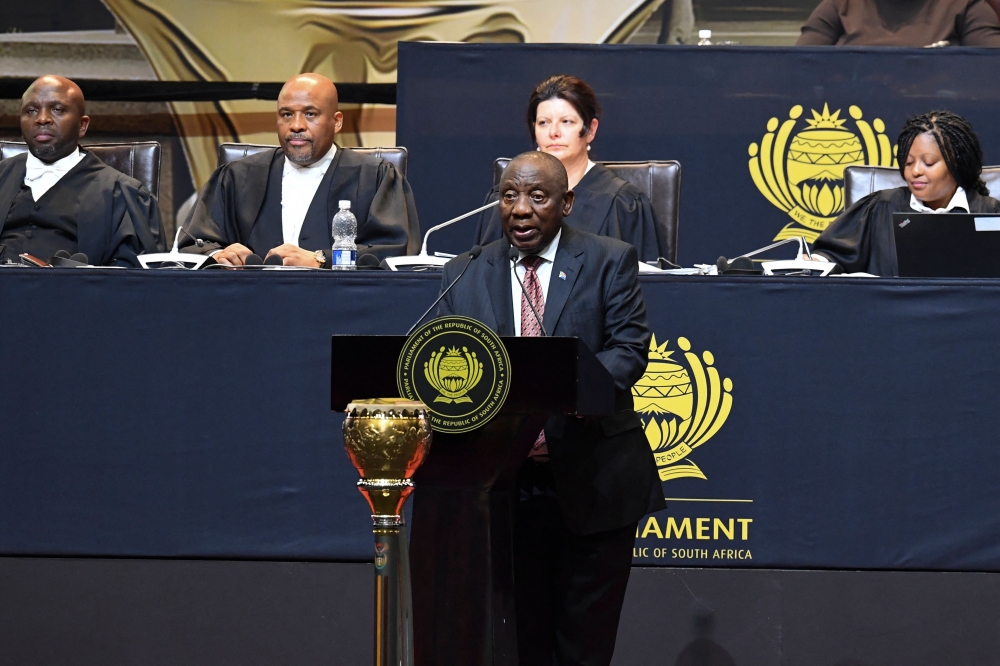
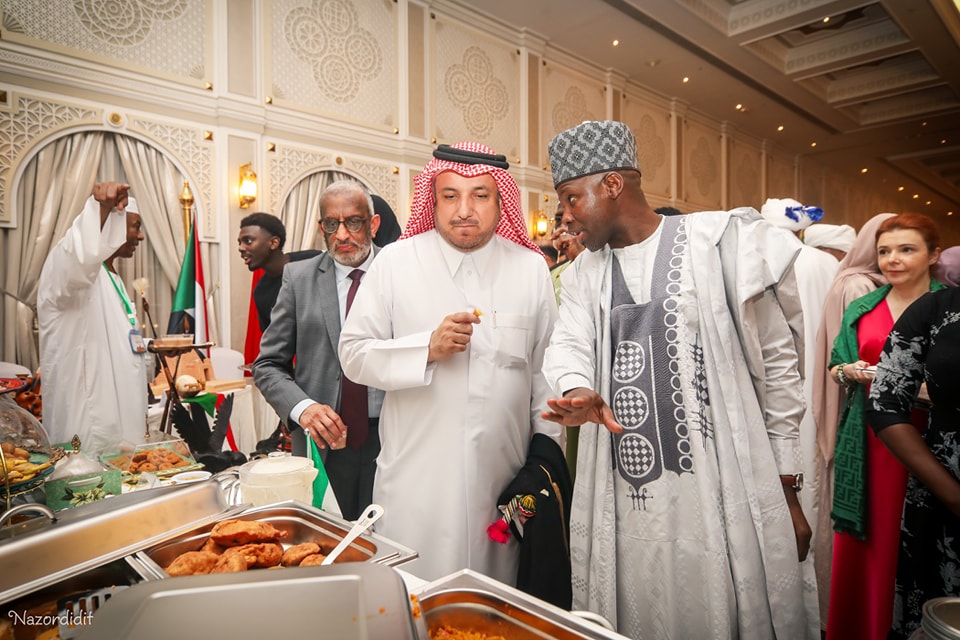
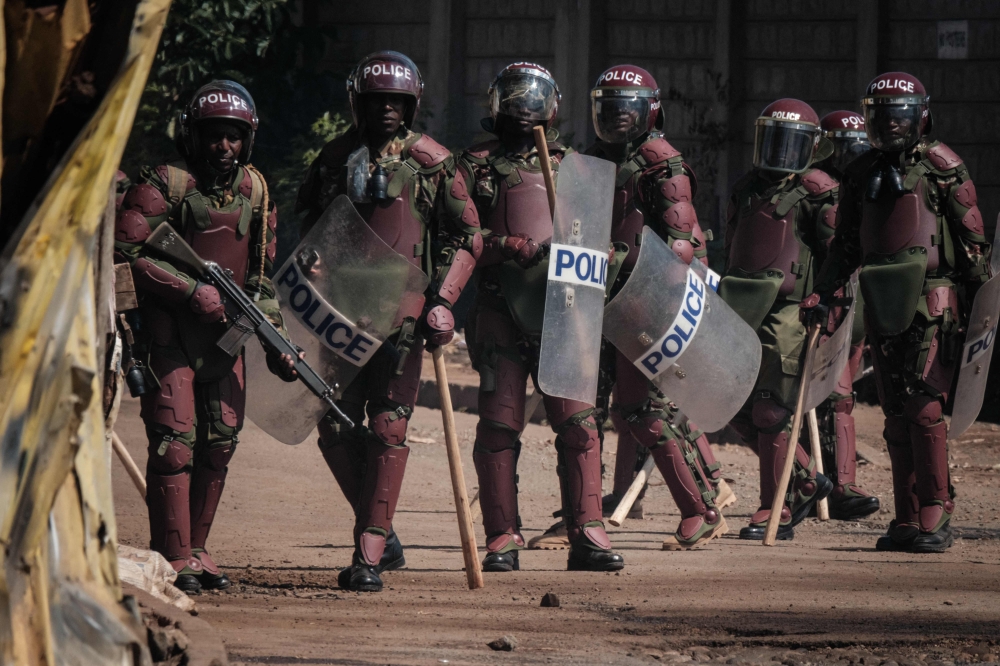
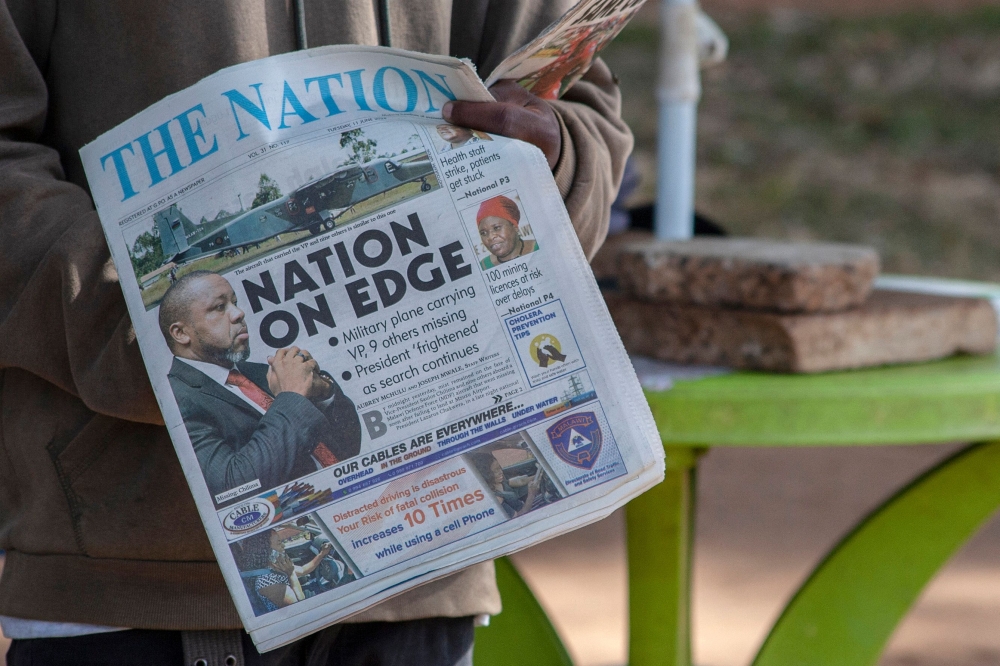

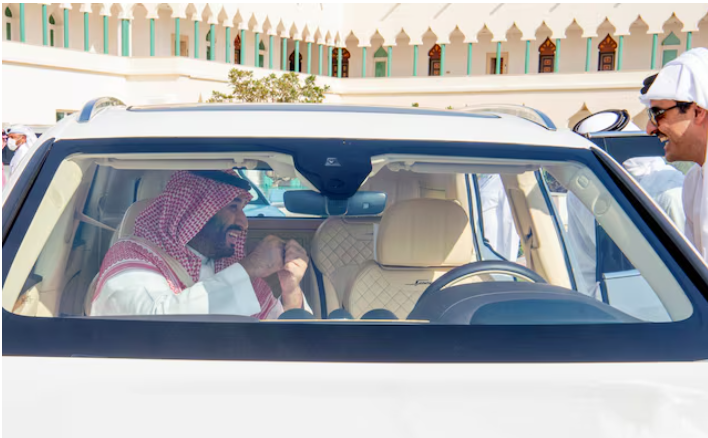
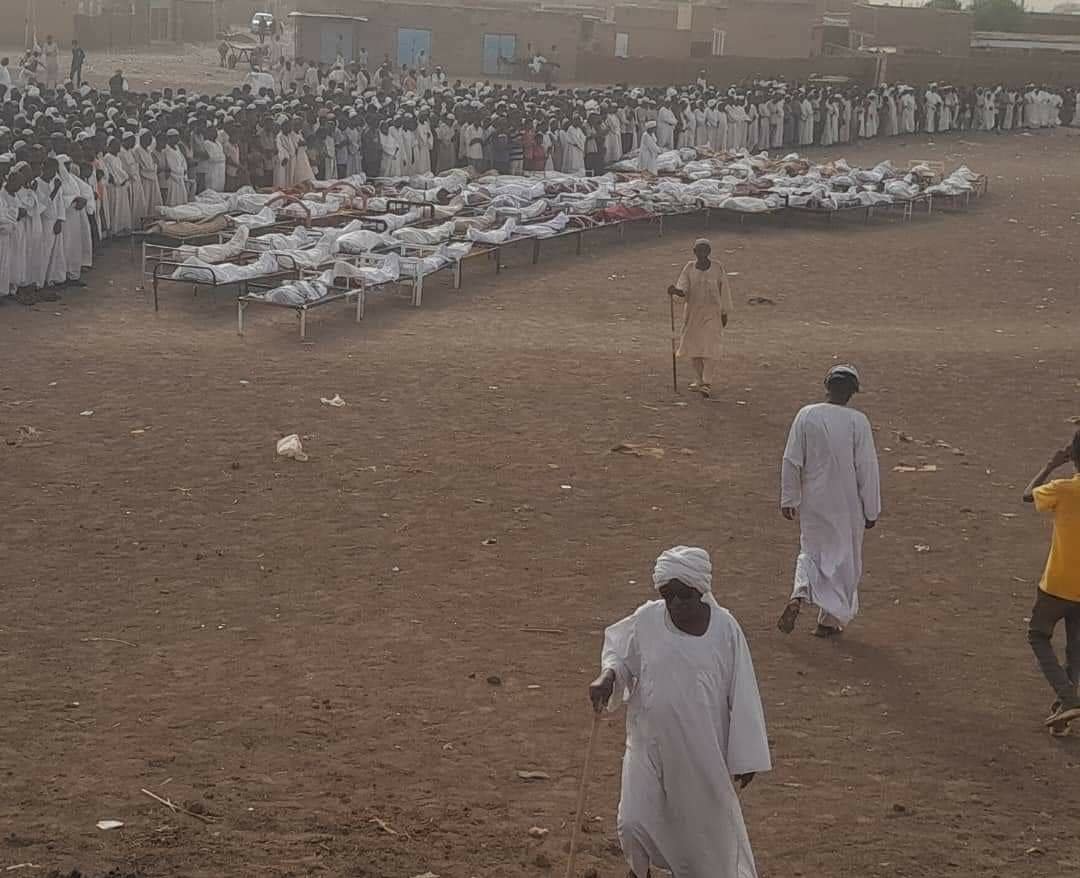




Leave a Reply